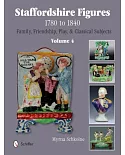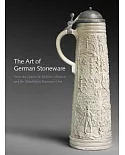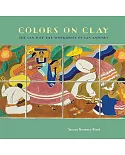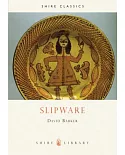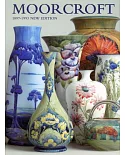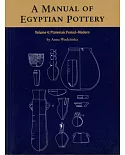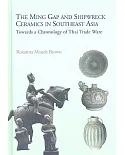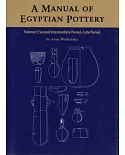The Majapahit empire (13th to 16th century) was based in the contemporary regency of Mojokerta, East Java, Indonesia. Majapahit reached its peak during the reign of Rajasanagara, popularly
known as Hayam Wuruk (1350-1389). Some of the brick structures of the ancient city, including gateways, temples and pools, can be still be seen today around the village of Trowulan in
Mojokerto, reflecting the architecture that once defined the place. Besides stone statues and inscriptions, this mighty kingdom also left testimonies of everyday life in the form of terracotta
artifacts.
Not much is known about these artifacts, and what is known is complicated by the many fakes and replicas found in the antique markets. Some of them are in the shapes of humans, animals and
mythological creatures. Their functions were diverse, ranging from architectural elements to garden furniture and household utensils.
Majapahit Terracotta is a guide for collectors of Majapahit terracotta, to enable them to better distinguish authentic pieces from fakes or replicas. It will provide readers with insight
into the exciting variety of this little known art form, drawing upon selected items in the collection which the author has carefully assembled over the past thirty years.












